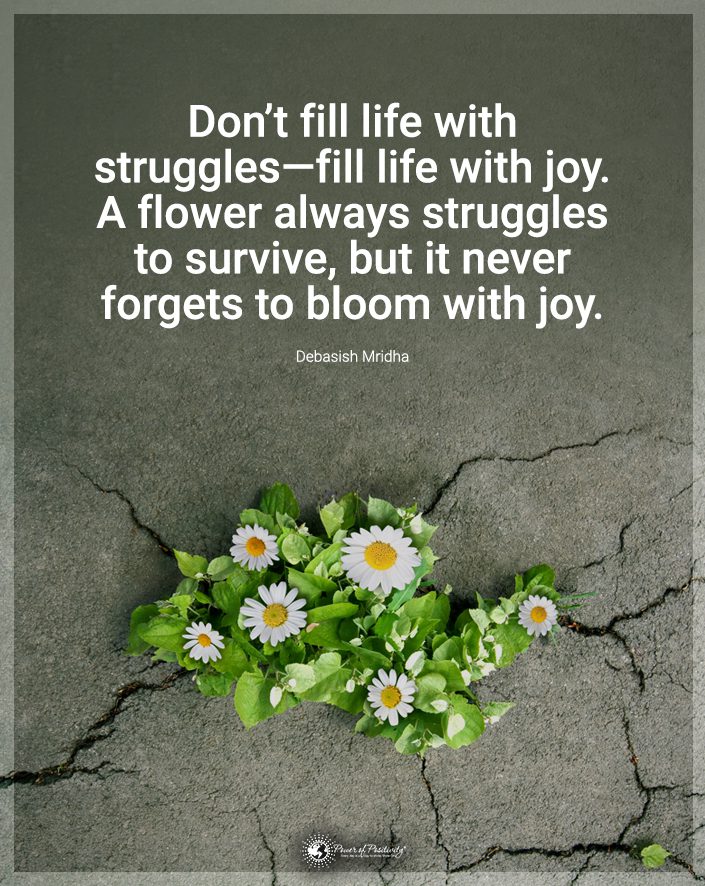Loneliness is a gut-wrenching problem at any age and can affect your heart and brain health. It increases the chances of depression and anxiety and causes severe cognitive deficits. Isolation alters the very neurochemistry in your brain, which causes it to turn off your dopamine neurons.
Without sufficient levels of dopamine, many brain functions decrease. A lack of this vital neurotransmitter may cause degeneration, says a Duke University study from 2015. Researchers looked at the cognitive function of people who spend too much time in solitude.
The study found that isolated people had higher levels of the stress hormone cortisol. People who spent much time in isolation performed at a lower cognitive level than those well socialized. The issue is that folks are more isolated now than ever, overwhelmingly affecting your heart and brain health.
Living in a digital age with video games, the internet, and people working remotely leaves the door wide open for folks to separate from those on the outside. It seems like the world wide web should make it easier to make friends, so why are folks lonelier than ever?
What Loneliness Does to Heart and Brain Health
Three out of every five Americans suffer from loneliness, affecting their heart health and overall well-being. It’s unfathomable to think that so many systems can be out of whack just by spending too much time in solitude.
These overwhelming feelings of isolation can affect every system in your body. Researchers found that being alone affects your heart and brain health, and here’s how.
1. It Alters Decision-Making Processes
It’s overwhelming to think that being lonely can alter your decision-making abilities. A study by the American Psychological Association in 2021 found that some brain regions were impacted more than others. The prefrontal cortex, located behind your forehead, showed the most trouble.
This region helps to form your personality, but it’s also responsible for assisting you in your decision-making process. The executive functions in this region are vital for your ability to function with good brain health, and it can even affect your self-esteem when this zone is not working correctly.
2. Causes a Decrease in Heart Health
Your heart health takes a direct hit when you spend your time in solitude. Being alone can cause significant stress, which will only increase your stress hormones.
When the body is in this state, it causes the blood pressure to increase as the heart must work harder. Additionally, this can cause hardening of the arteries as the blood vessels work overtime to keep up with the demands on the heart.
3. Impaired Immune System
An impaired immune system can affect your brain and heart health, as being more susceptible to disease takes a toll on the whole body. When you’re isolated from others, it lowers your body’s threshold against foreign invaders. Your system can only handle so much as it becomes overwhelming.
It has a choice as it can either focus on the viral or bacterial invasions attacking it. Under this state of impaired immunity, you have less ability to fight cancer and other sicknesses that you encounter.
4. Causes Antisocial Behavior
The more you are alone, the easier it is to stay alone. Your prison of solitude may become your area of comfort. The longer you stay away from people, the more dramatic impact it can have on your brain health.
Antisocial behavior can be genetic or learned patterns, and some folks find that being alone is better than being in social settings. Therefore, many folks with social anxiety who refuse to push through these pangs often develop agoraphobia and can’t leave home.
5. Poor Sleep Impacts Both Brain and Heart Health
Did you know that people who suffer from loneliness often sleep less than those who are well-socialized? The findings come from King’s College in London. They found that solitude affects sleep quality and often causes you to wake up often at night.
This means you will spend less time getting the restorative benefits you need to thrive. Additionally, folks who don’t get beneficial rest have daytime drowsiness and poor concentration levels.
6. Makes You at a Higher Risk of Suicide Due to a Decrease in Brain Health
Loneliness is one of the critical issues found in many suicidal patients. Not only is isolation a horrible feeling, but it can be a deadly trap. People who don’t have family and friends they connect with feel that there’s often no reason to live. So when depression hits them like a wave crashing on the shore, they believe taking their life is the only way out.
7. Changes Your Emotional State
While your heart health is undoubtedly affected by your emotions, it also affects other areas. The insula controls the socio-emotional function of your brain. This region is heavily involved in multiple facets of your reactions, which can dictate how you respond to situations.
The insula is quite a busy location, as it’s stimulated when you experience any emotions or feelings. Even a bodily sensation like an upset stomach can activate this center and cause the effect to be more profound. Your emotional state is negatively enhanced when you experience isolation.
8. Causes Vascular Resistance and Decreased Heart Health
Your chances of dying from heart disease increase when you’re isolated. Did you know that being alone can be just as bad as having hypertension, hypercholesterolemia, and being a regular smoker all rolled together? It’s profound when you consider that your heart health is so impacted by being alone that it can cause so much damage and lead to disease.
9. Affects How You Approach a Social Situation
Everyone likes to do a good job and earn a reward for their efforts. The ventral striatum area of your brain is responsible for your feelings of reward. It relies on dopamine to help you feel the effects of a job well done.
When it comes to your ability to do pretty much anything, your brain health and motivation depend on dopamine. One article explained how loneliness could affect your ability to seek interaction with other humans. When you don’t activate this area of the brain, it can alter your social response.
Assume that you go to the doctor’s office, and your social anxiety and feelings of isolation are working on your brain health that day. Someone passes you; they smile, being friendly, but you don’t know how to react. Rather than smiling back, inviting them for coffee, or sitting and chatting while you wait, your mind wanders on the negative things.
Perhaps this person was smiling because they didn’t like your shirt, or they were making fun of you in their mind. When you’re not around people daily, you automatically go into this cycle because you don’t know how to react. Your social interaction becomes out of touch, and sadly, making friends and having an active life outside your home becomes impossible.
10. Higher Risk of Loss of Brain Health and Dementia
Much research exists on brain health and those who spend time alone. People in solitude have a higher risk of developing dementia and experiencing cognitive decline. Scientists are only beginning to understand what being lonely does to the brain, but it’s an area of research gaining attention.
A 2016 study in JAMA Psychiatry examined older adults with normal cognitive function. Those lonely participants showed differences on the PET scans given, as there was more amyloid, a protein deposit, in the brain. Build-up like this in the brain is known to cause dementia, which is a concern for all.
Final Thoughts on Loneliness and Heart and Brain Health
When it comes to your heart, you must treat your loneliness just as seriously as you would diabetes, high blood pressure, or obesity. It can have just as profound an effect on your heart health and cause severe damage. Loneliness is a problem often observed in middle-aged or older people, as they no longer have school and active social outlets to keep them engaged.
The key to good heart and brain health is to develop strong social ties and a network of people you can trust. Even if you suffer from social anxiety and depression, you can still get out and mingle within your comfort zone. When you stay isolated behind four walls, you’re more likely to engage in activities like drinking and smoking, and you will exercise less.
Lonely people simply become lonelier if they don’t force themselves to get out and be among people. Social media doesn’t count as adequate outlets, as you need the stimulation that only comes from being face-to-face.

















 Community
Community

